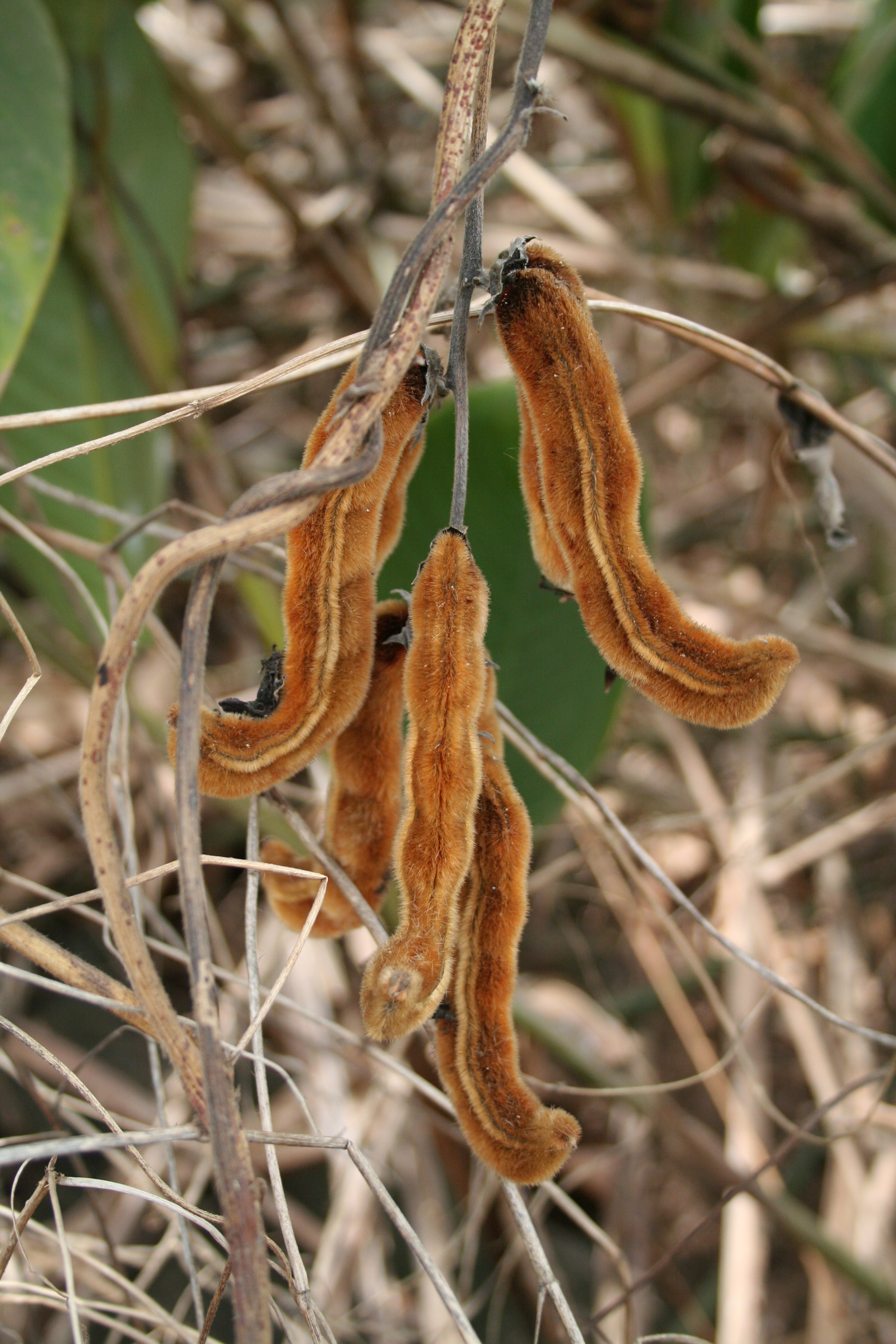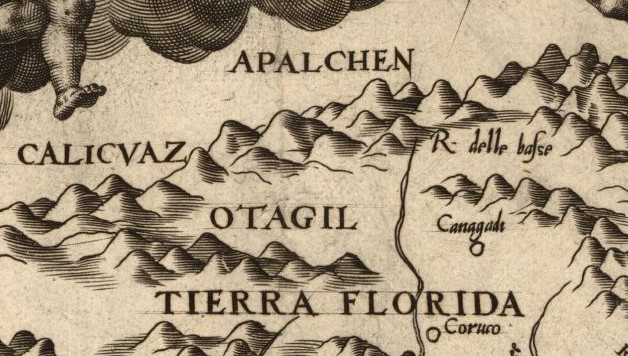|
Edward Johnston Alexander
Edward Johnston Alexander (July 31, 1901 – August 18, 1985) was an American botanist who discovered three species and one genus. He is the author or one of the authors of 205 entries in the International Plant Names Index. He was born in Asheville, North Carolina and studied at North Carolina State University from 1919 to 1923. He was a longtime assistant and curator at New York Botanical Garden (NYBG), originally under the guidance of Small. While at the NYBG, he served as an editor of the Garden's botanical journal ''Addisonia'' for about thirty years, until the journal ceased publication in 1964. Alexander undertook several botanical expeditions in his lifetime, including to Pecos, Texas with John Kunkel Small and to the southern Appalachians and the Rocky Mountains with Thomas H. Everett. His most successful expedition was to southern Mexico from 1944 to 1945. On that trip, he collected around 1,600 specimens and 1,000 seeds and roots for the herbarium and propagation house ... [...More Info...] [...Related Items...] OR: [Wikipedia] [Google] [Baidu] |
Asheville, North Carolina
Asheville ( ) is a city in, and the county seat of, Buncombe County, North Carolina. Located at the confluence of the French Broad and Swannanoa rivers, it is the largest city in Western North Carolina, and the state's 11th-most populous city. According to the 2020 United States Census, the city's population was 94,589, up from 83,393 in the 2010 census. It is the principal city in the four-county Asheville metropolitan area, which had a population of 424,858 in 2010, and of 469,015 in 2020. History Origins Before the arrival of the Europeans, the land where Asheville now exists lay within the boundaries of the Cherokee Nation, which had homelands in modern western North and South Carolina, southeastern Tennessee, and northeastern Georgia. A town at the site of the river confluence was recorded as ''Guaxule'' by Spanish explorer Hernando de Soto during his 1540 expedition through this area. His expedition comprised the first European visitors, who carried endemic Eura ... [...More Info...] [...Related Items...] OR: [Wikipedia] [Google] [Baidu] |
John Kunkel Small
John Kunkel Small (January 31, 1869 – January 20, 1938) was an American botanist. Born on January 31, 1869, in Harrisburg Pennsylvania, Kunkel studied botany at Franklin & Marshall College and Columbia University. He was the first Curator of Museums at The New York Botanical Garden, a post in which he served from 1898 until 1906. From 1906 to 1934 he was Head Curator and then from 1934 until his death he was Chief Research Associate and Curator. Small's doctoral dissertation, published as ''Flora of the Southeastern United States Flora is all the plant life present in a particular region or time, generally the naturally occurring (indigenous) native plants. Sometimes bacteria and fungi are also referred to as flora, as in the terms ''gut flora'' or '' skin flora''. Et ...'' in 1903, anrevised in 1913and 1933, remains the best floristic reference for much of the South. Assisted by the patronage of Charles Deering, Small traveled extensively around Florida recording p ... [...More Info...] [...Related Items...] OR: [Wikipedia] [Google] [Baidu] |
North Carolina State University Alumni
North is one of the four compass points or cardinal directions. It is the opposite of south and is perpendicular to east and west. ''North'' is a noun, adjective, or adverb indicating direction or geography. Etymology The word ''north'' is related to the Old High German ''nord'', both descending from the Proto-Indo-European unit *''ner-'', meaning "left; below" as north is to left when facing the rising sun. Similarly, the other cardinal directions are also related to the sun's position. The Latin word ''borealis'' comes from the Greek '' boreas'' "north wind, north", which, according to Ovid, was personified as the wind-god Boreas, the father of Calais and Zetes. ''Septentrionalis'' is from ''septentriones'', "the seven plow oxen", a name of ''Ursa Major''. The Greek ἀρκτικός (''arktikós'') is named for the same constellation, and is the source of the English word ''Arctic''. Other languages have other derivations. For example, in Lezgian, ''kefer'' can mean ... [...More Info...] [...Related Items...] OR: [Wikipedia] [Google] [Baidu] |
1985 Deaths
The year 1985 was designated as the International Youth Year by the United Nations. Events January * January 1 ** The Internet's Domain Name System is created. ** Greenland withdraws from the European Economic Community as a result of a new agreement on fishing rights. * January 7 – Japan Aerospace Exploration Agency launches ''Sakigake'', Japan's first interplanetary spacecraft and the first deep space probe to be launched by any country other than the United States space exploration programs, United States or the Soviet space program, Soviet Union. * January 15 – Tancredo Neves is Brazilian presidential election, 1985, elected president of Brazil by the National Congress of Brazil, Congress, ending the Military dictatorship in Brazil, 21-year military rule. * January 20 – Ronald Reagan is Second inauguration of Ronald Reagan, privately sworn in for a second term as Presidency of Ronald Reagan, President of the United States. * January 27 – The Eco ... [...More Info...] [...Related Items...] OR: [Wikipedia] [Google] [Baidu] |
1901 Births
Nineteen or 19 may refer to: * 19 (number), the natural number following 18 and preceding 20 * one of the years 19 BC, AD 19, 1919, 2019 Films * ''19'' (film), a 2001 Japanese film * ''Nineteen'' (film), a 1987 science fiction film Music * 19 (band), a Japanese pop music duo Albums * ''19'' (Adele album), 2008 * ''19'', a 2003 album by Alsou * ''19'', a 2006 album by Evan Yo * ''19'', a 2018 album by MHD * ''19'', one half of the double album '' 63/19'' by Kool A.D. * '' Number Nineteen'', a 1971 album by American jazz pianist Mal Waldron * ''XIX'' (EP), a 2019 EP by 1the9 Songs * "19" (song), a 1985 song by British musician Paul Hardcastle. * "Nineteen", a song by Bad4Good from the 1992 album ''Refugee'' * "Nineteen", a song by Karma to Burn from the 2001 album ''Almost Heathen''. * "Nineteen" (song), a 2007 song by American singer Billy Ray Cyrus. * "Nineteen", a song by Tegan and Sara from the 2007 album '' The Con''. * "XIX" (song), a 2014 song by S ... [...More Info...] [...Related Items...] OR: [Wikipedia] [Google] [Baidu] |
Place Of Death Missing
Place may refer to: Geography * Place (United States Census Bureau), defined as any concentration of population ** Census-designated place, a populated area lacking its own municipal government * "Place", a type of street or road name ** Often implies a dead end (street) or cul-de-sac * Place, based on the Cornish word "plas" meaning mansion * Place, a populated place, an area of human settlement ** Incorporated place (see municipal corporation), a populated area with its own municipal government * Location (geography), an area with definite or indefinite boundaries or a portion of space which has a name in an area Placenames * Placé, a commune in Pays de la Loire, Paris, France * Plače, a small settlement in Slovenia * Place (Mysia), a town of ancient Mysia, Anatolia, now in Turkey * Place, New Hampshire, a location in the United States * Place House, a 16th-century mansion largely remodelled in the 19th century, in Fowey, Cornwall * Place House, a 19th-century mansio ... [...More Info...] [...Related Items...] OR: [Wikipedia] [Google] [Baidu] |
Mucuna
''Mucuna'' is a genus of around 100 accepted species of climbing lianas (vines) and shrubs of the family Fabaceae: tribe Phaseoleae, typically found in tropical forests. The leaves are trifoliolate, alternate, or spiraled, and the flowers are pea-like but larger, with distinctive curved petals, and occurring in racemes. Like other legumes, ''Mucuna'' plants bear pods. They are generally bat-pollinated and produce seeds that are buoyant sea-beans. These have a characteristic three-layered appearance, appearing like the eyes of a large mammal in some species and like a hamburger in others (most notably '' M. sloanei'') and giving rise to common names like deer-eye beans, donkey-eye beans, ox-eye beans, or hamburger seed. The name of the genus is derived from ''mucunã'', a Tupi–Guarani word for these species. Ecology Some ''Mucuna'' species are used as food plants by caterpillars of Lepidoptera. These include ''Morpho'' butterflies and the two-barred flasher ('' Astraptes ... [...More Info...] [...Related Items...] OR: [Wikipedia] [Google] [Baidu] |
Mexico
Mexico ( Spanish: México), officially the United Mexican States, is a country in the southern portion of North America. It is bordered to the north by the United States; to the south and west by the Pacific Ocean; to the southeast by Guatemala, Belize, and the Caribbean Sea; and to the east by the Gulf of Mexico. Mexico covers ,Mexico '' The World Factbook''. . making it the world's 13th-largest country by area; with approximately 12 ... [...More Info...] [...Related Items...] OR: [Wikipedia] [Google] [Baidu] |
Rocky Mountains
The Rocky Mountains, also known as the Rockies, are a major mountain range and the largest mountain system in North America. The Rocky Mountains stretch in straight-line distance from the northernmost part of western Canada, to New Mexico in the southwestern United States. Depending on differing definitions between Canada and the U.S., its northern terminus is located either in northern British Columbia's Terminal Range south of the Liard River and east of the Trench, or in the northeastern foothills of the Brooks Range/ British Mountains that face the Beaufort Sea coasts between the Canning River and the Firth River across the Alaska- Yukon border. Its southernmost point is near the Albuquerque area adjacent to the Rio Grande rift and north of the Sandia–Manzano Mountain Range. Being the easternmost portion of the North American Cordillera, the Rockies are distinct from the tectonically younger Cascade Range and Sierra Nevada, which both lie farther to its west. ... [...More Info...] [...Related Items...] OR: [Wikipedia] [Google] [Baidu] |
Appalachians
The Appalachian Mountains, often called the Appalachians, (french: Appalaches), are a system of mountains in eastern to northeastern North America. The Appalachians first formed roughly 480 million years ago during the Ordovician Period. They once reached elevations similar to those of the Alps and the Rocky Mountains before experiencing natural erosion. The Appalachian chain is a barrier to east–west travel, as it forms a series of alternating ridgelines and valleys oriented in opposition to most highways and railroads running east–west. Definitions vary on the precise boundaries of the Appalachians. The United States Geological Survey (USGS) defines the ''Appalachian Highlands'' physiographic division as consisting of 13 provinces: the Atlantic Coast Uplands, Eastern Newfoundland Atlantic, Maritime Acadian Highlands, Maritime Plain, Notre Dame and Mégantic Mountains, Western Newfoundland Mountains, Piedmont, Blue Ridge, Valley and Ridge, St. Lawrence Valley, Appal ... [...More Info...] [...Related Items...] OR: [Wikipedia] [Google] [Baidu] |
Pecos, Texas
Pecos ( ) is the largest city in and the county seat of Reeves County, Texas, United States. It is in the valley on the west bank of the Pecos River at the eastern edge of the Chihuahuan Desert, in the Trans-Pecos region of West Texas and just south of New Mexico's border. Its population was 12,916 at the 2020 census. On January 24, 2012, Pecos City appeared on the ''Forbes'' 400 as the second-fastest growing small town in the United States. The city is a regional commercial center for ranching, oil and gas production, and agriculture. The city is most recognized for its association with the local cultivation of cantaloupes. Pecos claims to be the site of the world's first rodeo on July 4, 1883. History Pecos is one of the numerous towns in West Texas organized around a train depot during the construction of the Texas and Pacific Railway. These towns were subsequently linked by the construction of U.S. Highway 80 and Interstate 20. Prior to the arrival of the railroad, a perman ... [...More Info...] [...Related Items...] OR: [Wikipedia] [Google] [Baidu] |





